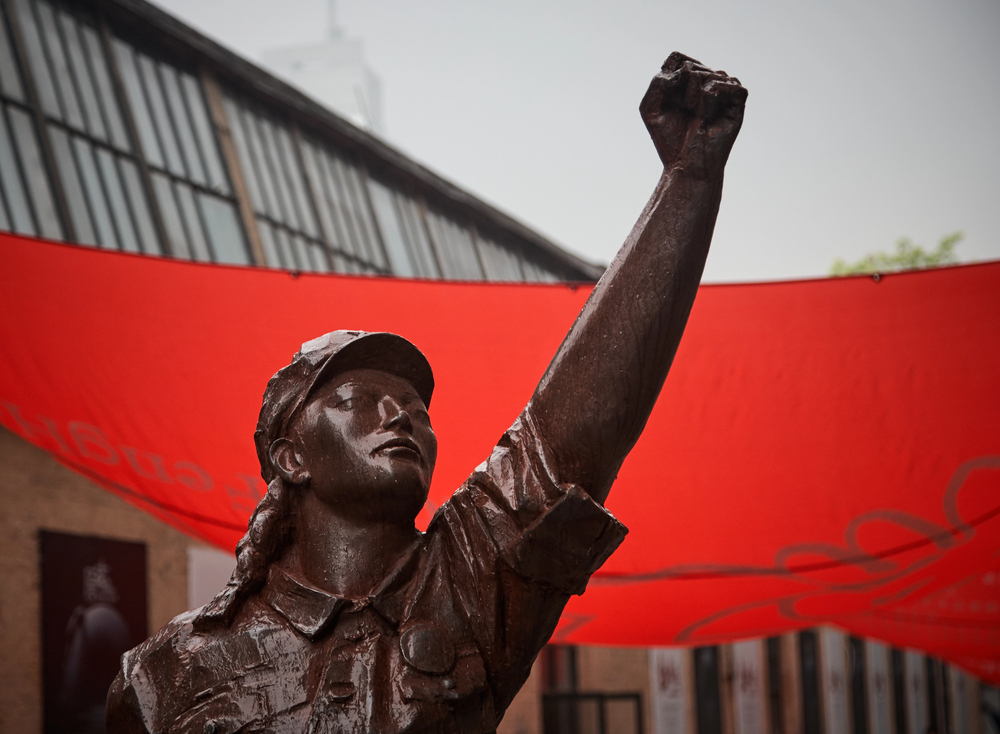The socialist calculation debate is firmly anchored in economics. But a look at philosophy can shed light on the kind of insight that Ludwig von Mises gave us, and thereby sharpen our understanding of socialism and its problems. It shows what we can know about socialism through conceptual analysis, and what such analysis cannot tell us.
Philosophy makes it clear that there are analytic truths, which describe something as true based on its meaning. To see what is analytically true, we must conduct conceptual analysis, that is, examine the concept and examine what it entails. Having done this, we can also look at the implications of the concept. P implies q if it is impossible for p to be true and not q, that is, q is not the case. So the implications also show us what is necessarily true. But why all the fuss about analytical truths? They are given an exalted status because they are irrefutable and do not depend on empirical matters.
Let us turn to socialism, which is an economic system. An analysis of the concept of socialism shows that it is the economic system in which there is collective ownership of the means of production, which is equivalent to a system in which the collective (or someone else for this collective) plans the use of these means. of production, that is, a planned economy.
With this in mind, we can focus on prices. An analysis of the concept shows that prices are exchange relations (at least in the sense in which Mises understood the concept and considered it relevant). It follows that you cannot have prices (for the means of production) if you have no exchange – because an exchange relationship only arises when exchange takes place. But if there is collective ownership, this means that there can be no exchange, because exchange requires that there be at least two parties, each owning a means of production. It follows that in socialism there can be no prices. For prices, to put it positively, can only arise in terms of meaning when people exchange, which requires them to have multiple properties.
Consequently, it is an analytical insight into socialism and prices that there can be no prices in a socialist system. There is nothing empirical or speculative about this insight. Instead, an abstract analysis shows that there can be no prices in socialism. To the extent that my analysis is correct, it follows that this is not in dispute; all that would be possible is to show that I made a mistake in my analysis of the concepts. But if my analysis is accurate, it offers a value-free and irrefutable insight into what socialism and prices are, and what follows.
It is for this reason that Mises, among others, reprimanded Karl Polanyi for failing to see clearly what socialism is and for vacillating between a socialist and a syndicalist system. “The defect at [Polanyi’s] Its construction lies in the ambiguity with which it tries to avoid the core question: socialism or syndicalism?,” Mises wrote in response to Polanyi.
However, now that we have established that prices cannot exist in socialism, it is necessary to examine the situation consequence of such a lack of prizes. This is not, or at least not purely, an analytical question. The consequences of the necessary lack of prices for the means of production in a planned economy depend on empirical circumstances or factors. That much was already clear Mises in his 1920 article.
It would not be difficult for a farmer in economic isolation to distinguish between the expansion of pasture agriculture and the development of hunting activity. In such a case, the production processes involved are relatively short and the associated costs and revenues can be easily estimated. But it is a completely different matter when… the conditions necessary for the success of the ventures that will be launched are diverse, so that one cannot just apply vague valuations, but rather needs more precise estimates and some judgment about the economic issues that actually relate to it. .
Because what does his recognition mean that in simple circumstances the absence of prizes has no or at most a negligible impact? Thus, it is clear that we need to examine empirical conditions to assess the consequences of the absence of prices. For this, the analytical power of the insight that prices do not exist is not sufficient.
Max Molden is a PhD student at the University of Hamburg. He has collaborated with European Students for Liberty and Prometheus – Das Freiheitsinstitut. He publishes regularly at Der Freydenker.

